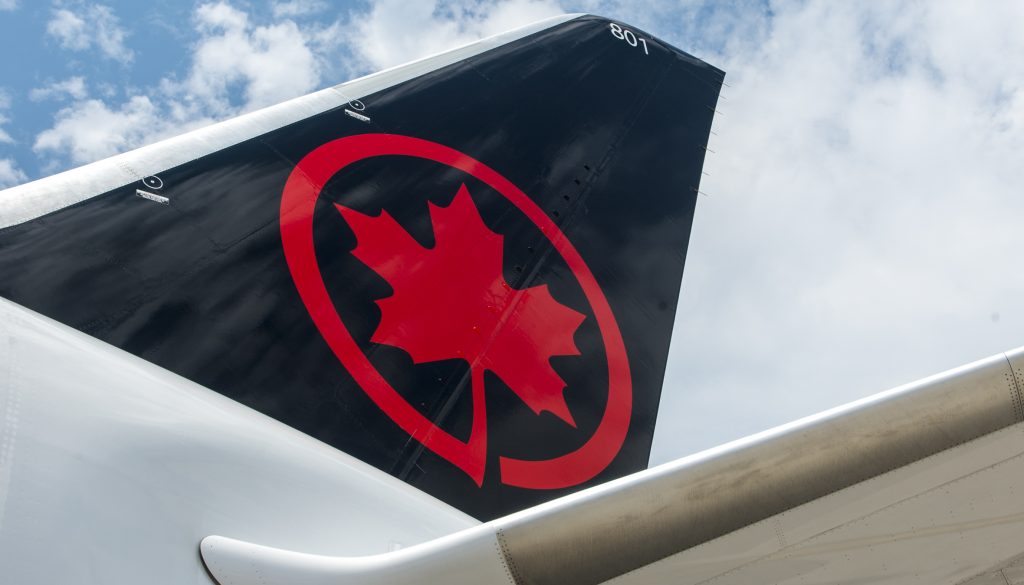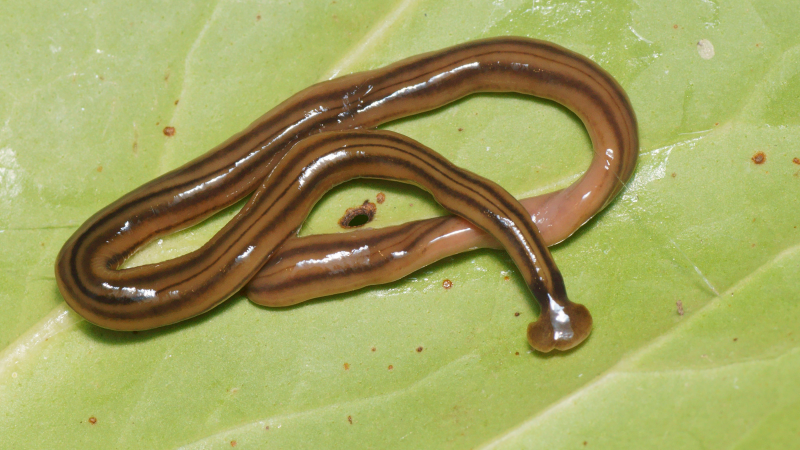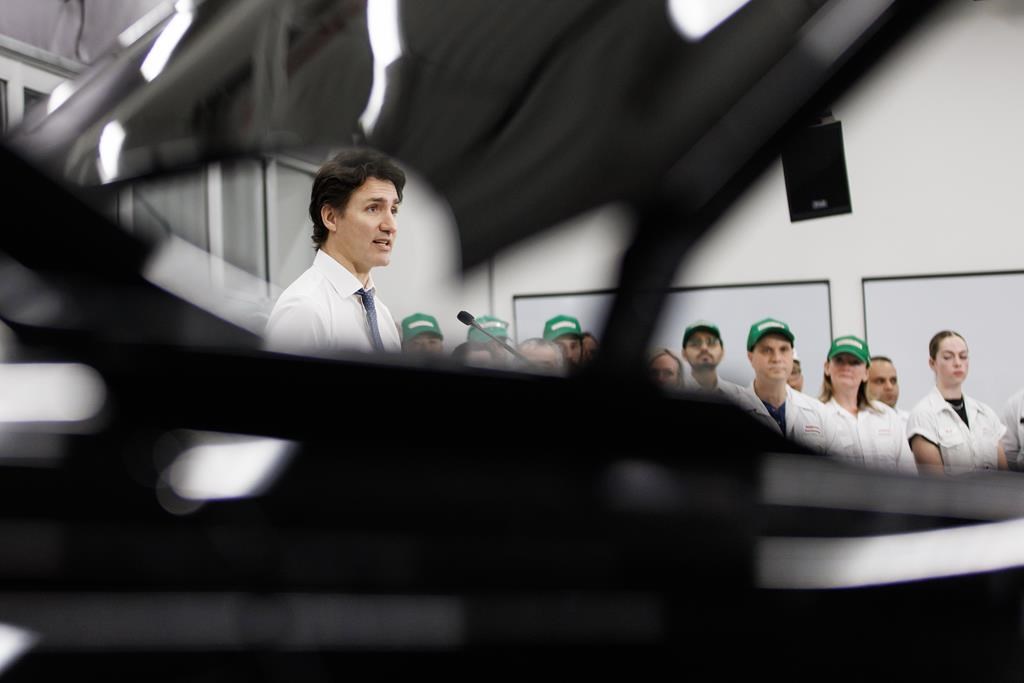Conservative defence critic questions plan to send Canadian peacekeepers to Mali
Posted March 17, 2018 6:33 pm.
Last Updated March 17, 2018 7:20 pm.
This article is more than 5 years old.
The Conservative defence critic is questioning the Trudeau government’s decision to send peacekeeping troops to the troubled West African nation of Mali.
A senior government source, speaking on condition of anonymity, confirmed late Friday night that Canada will dispatch an aviation task force to Mali as part of a United Nations peacekeeping mission, in a move defence critic James Bezan said raises more questions than answers.
“Why did it take them so long to make this announcement and is this in Canada’s national interest or is this in the Liberals’ interest?” Bezan said. “Are they making this announcement because of all the criticism they’ve received for breaking the promise of deploying 600 troops and 150 police officers on UN missions, when we’re at the lowest levels in history?”
The government source said the task force will be in Mali for up to 12 months and an official announcement on the deployment will be made Monday.
In terms of troop numbers, Canada is currently at a historic low for participation in peacekeeping missions. Canada had a total of 43 peacekeepers deployed around the world at the end of December, the most recent UN numbers indicate, down from 62 in November.
The decline, largely the result of a reduction in the number of Canadian police officers deployed to Haiti, means Canada has fewer peacekeepers in the field than at any point since the 1950s.
Bezan said the Conservatives want to see Canada involved in more peacekeeping, including in Ukraine. But he said it must be in the national interest and in some cases, it may be preferable to fight under Canadian instead of UN command.
“We know that this is incredibly dangerous,” Bezan said. “We support our troops and know they are completely capable of doing it. But we are hesitant about putting our troops in harms way under UN command.”
He said peacekeeping decisions should not be made based on nostalgia about blue helmets.
“There is concern about how we are going to keep the peace when we have insurgencies, terrorism, failed states and multiple different missions going at the same time and no answers of how this is in Canada’s national interest,” he said.
Mali has been in turmoil since a 2012 uprising prompted soldiers to overthrow the country’s president. The power vacuum that was created led to an Islamic insurgency and a French-led war that ousted the jihadists from power in 2013.
However, insurgents remain active and the UN has seen its multinational peacekeeping force in the region suffer more than 150 fatalities since its mission began in 2013.
Francois Audet, who studies Canadian humanitarian policy and international relations at the Universite du Quebec a Montreal, said there are four million people in need of aid in the country, many of whom are inaccessible to civilian aid workers because it’s too dangerous.
The role of peacekeeping operations is to develop secure zones to permit civilians to reach those populations, he said.
Audet said the country has been made more dangerous in recent years with the arrival of armed factions in the months and years after the toppling of the Libyan regime in 2011.
“It’s a dangerous country for civilians and especially for western interests,” Audet said in a French-language interview. “So if you’re a development or aid organization, your access outside of the big cities like Bamako is extremely difficult, if not impossible.”
He said Canada’s entry into the conflict is “very late.”
“It’s not too late, but it’s very late,” Audet said. “And since (the Liberals took power), our allies have exhausted themselves, so we need a system of change where each country needs to take their part of the responsibilities.”
In November, Prime Minister Justin Trudeau made pledged during a peacekeeping summit in Vancouver to offer six helicopters and two transport aircraft, plus their associated pilots and support personnel, as well as a 200-strong quick reaction force to the UN.
— With files from Nicole Thompson
Note to readers: This is a corrected story. A previous version erroneously said Francois Audet studies Canadian humanitarian policy and international relations at the Universite de Montreal.










